- Home
Page 4
Page 4
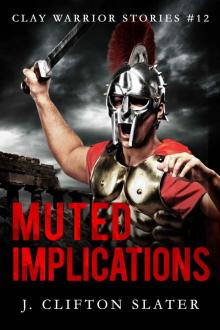 Muted Implications (Clay Warrior Stories Book 12)
Muted Implications (Clay Warrior Stories Book 12) Fatal Obligation
Fatal Obligation Clay Warrior Stories Boxset 2
Clay Warrior Stories Boxset 2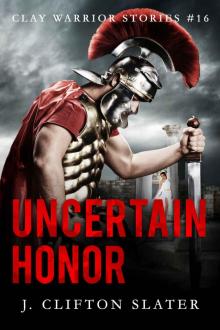 Uncertain Honor
Uncertain Honor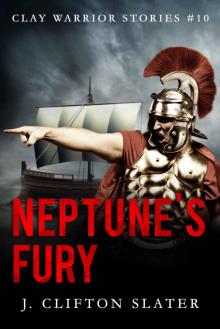 Neptune's Fury
Neptune's Fury Fortune Reigns
Fortune Reigns Op File Treason
Op File Treason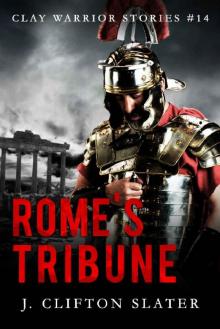 Rome's Tribune (Clay Warrior Stories Book 14)
Rome's Tribune (Clay Warrior Stories Book 14) Clay Warrior Stories Boxset 1
Clay Warrior Stories Boxset 1 Serpent Circles
Serpent Circles Reluctant Siege
Reluctant Siege Infinite Courage
Infinite Courage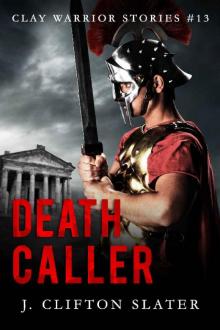 Death Caller (Clay Warrior Stories Book 13)
Death Caller (Clay Warrior Stories Book 13) Op File Sanction
Op File Sanction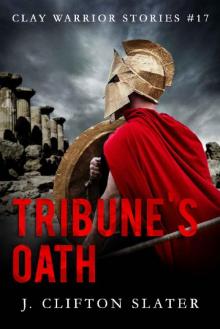 Tribune's Oath (Clay Warrior Stories Book 17)
Tribune's Oath (Clay Warrior Stories Book 17) Galactic Council Realm 1: On Station
Galactic Council Realm 1: On Station Brutal Diplomacy
Brutal Diplomacy Op File Revenge
Op File Revenge On Point
On Point Bloody Water (Clay Warrior Stories Book 3)
Bloody Water (Clay Warrior Stories Book 3)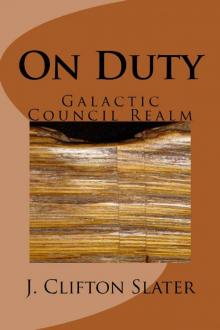 Galactic Council Realm 2: On Duty
Galactic Council Realm 2: On Duty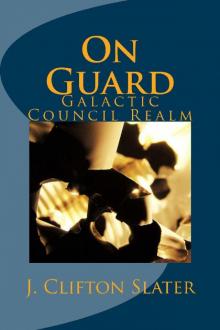 Galactic Council Realm 3: On Guard
Galactic Council Realm 3: On Guard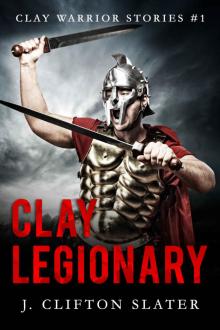 Clay Legionary (Clay Warrior Stories Book 1)
Clay Legionary (Clay Warrior Stories Book 1) On Point (Galactic Council Realm Book 4)
On Point (Galactic Council Realm Book 4) Op File Revenge (Call Sign Warlock Book 1)
Op File Revenge (Call Sign Warlock Book 1)